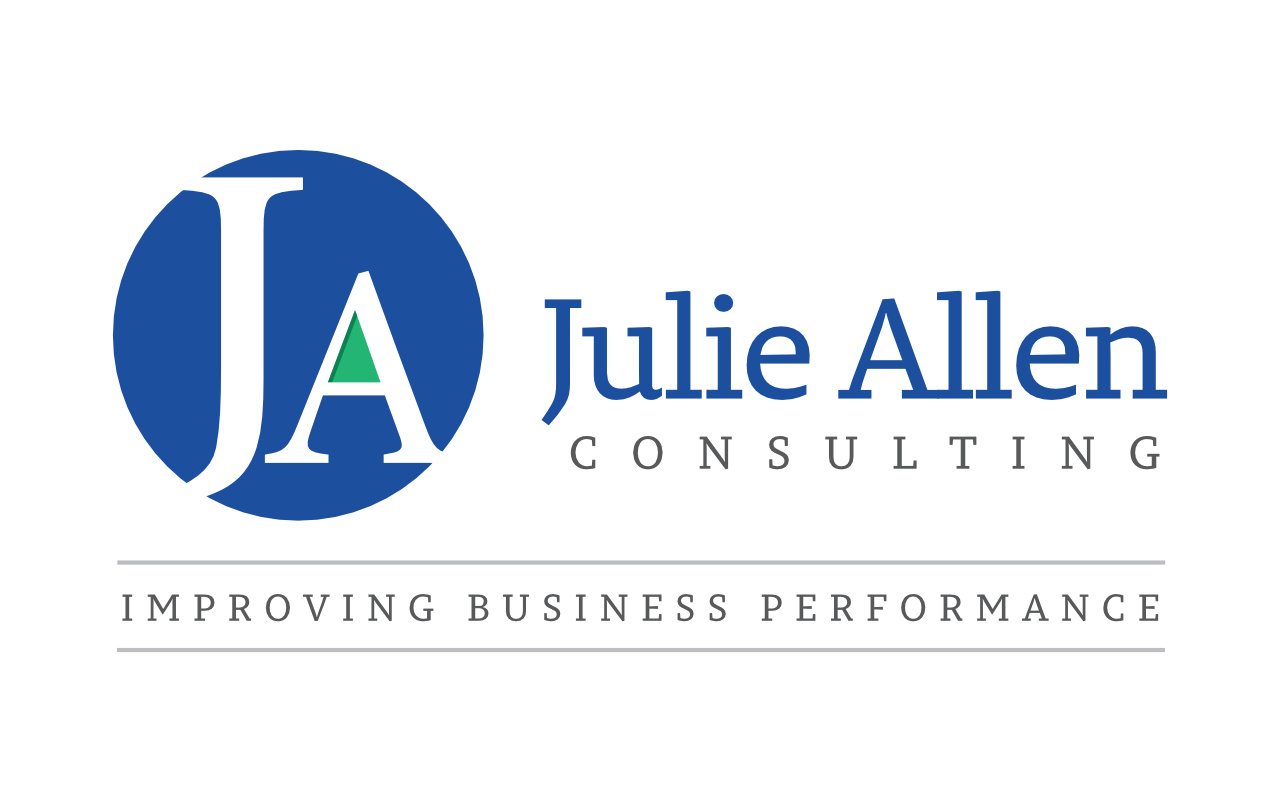The Future Workplace
So much has changed so quickly over the last three years and change over the next three years maybe even faster.
McKinsey & Company's research into how businesses can best organise for the future found that companies are organised for a world that is disappearing due to four big trends: a combination of heightened connectivity, lower transaction costs, unprecedented automation, and shifting demographics.
It found that ‘future-ready companies share three characteristics: they know who they are and what they stand for; they operate with a fixation on speed and simplicity; and they grow by scaling up their ability to learn, innovate, and seek good ideas regardless of their origin’.
To better organise for the future, leaders should embrace nine imperatives that collectively explain “who we are” as an organization, “how we operate,” and “how we grow.”
Who we are
Purpose: Your reason for being
Future-ready companies recognise that purpose helps attract people to join an organization, remain there, and thrive.
Creating a clear purpose that sets out for customers, suppliers and employees your reason for being is a must-have. This describes not what you do but why you exist and what you stand for.
Value: Where, why and how you create value
Future-ready companies create a value agenda—a map that where and how value is created.
Knowing where when and how you create value and focusing your organisation’s efforts on what really matters.
Culture: The unique set of behaviours and experiences that describe how we do things
Future-ready companies focus on developing behaviours that everyone in the organisation signs up to.
Using the ProSocial Matrix with the team is a great way to consider workable behaviours that bring satisfaction in relation to your shared purpose.
How we operate
Structure: Having the right people in the right roles to create value
Future-ready organisations, structure themselves in ways that make them fitter, flatter, faster, and better at unlocking value.
Most organisations are set up as traditional hierarchies which have their roots in the master and servant relationship. These structures provide clear lines of authority from frontline employees up through layers of management. These structures are no longer fit for purpose and are causing frustration in many organisations as they are bureaucratic and slow down decision-making.
Consider Buurtzorg, a healthcare provider established in 2006 with a nurse-led model of holistic care revolutionised community care in the Netherlands. Buurtzorg has over 10,000 employees and over 70,000 patients but no managers.
Decision making: The approaches for making better, quicker data-driven decisions
Future-ready organisations develop systems that properly allocate decisions to the right executives, teams, individuals, or even algorithms.
McKinsey’s research shows that the top team needs to focus its time and energy on the core business decisions that only it can make, such as those initiatives central to the value agenda. Other leaders, meanwhile, should spend more time deciding on resource and talent allocation for those initiatives.
If organisations are to become more agile and adapt at speed decisions need to be delegated to where they are best placed to be made - those delivering the service or product. Step back and consider if your decision-making processes are enabling fast high-quality decisions.
Talent: Having the right people in the right roles to create value
Future-ready organisations focus on three core questions: What talent do we need? How can we attract it? And how can we manage talent most effectively to deliver value?
Creating an attractive destination for top talent means fostering an inclusive employee experience. This is more important than ever before as the talent shortages we are currently facing are just the beginning of what is to come. A 2018 Korn Ferry report predicted that by 2030, more than 85m jobs could go unfilled because there wouldn’t be enough skilled people to take them. The older worker is the fastest-growing demographic of the labour market so organisations would be foolish not to consider accommodating older workers.
How we grow
Ecosystem: The extensive network of external people, vendors, and partners that help you
Future-ready organisations view partners as extensions of themselves.
Consider how often you meet those within your ecosystem and how you share data, skills and information and look to solving problems together.
Tech Platforms: The systems to gather, organise, interpret, and act on data and analytics
Future-ready companies understand that data is vital to making sound decisions. .
Creating compelling approaches to data governance, redesigning processes as modular applications, tapping the benefits of scalable cloud-based technology, and supporting all this through variable-cost technology budgets that are reallocated dynamically will need to be addressed.
Learning: Learning how to learn, adapt, and change quickly to thrive and succeed
Future-ready companies promote a mindset of continuous learning that encourages and supports people to adapt and reinvent themselves to meet shifting needs.
Appropriately funding the learning budget to grow your own talent, providing opportunities for individuals to develop where, when and how they want as well as creating an experiment and learn environment will all be essential elements of any learning strategy.
During this 1 hour masterclass I will help you understand:
McKinsey & Company's 9 traits of future-ready companies
Highlight the latest research relating to the future of the workforce and workplace.
Do you need further help?
If so, I offer a complimentary call to discuss your requirements and how we might work together.
The Future Workplace

